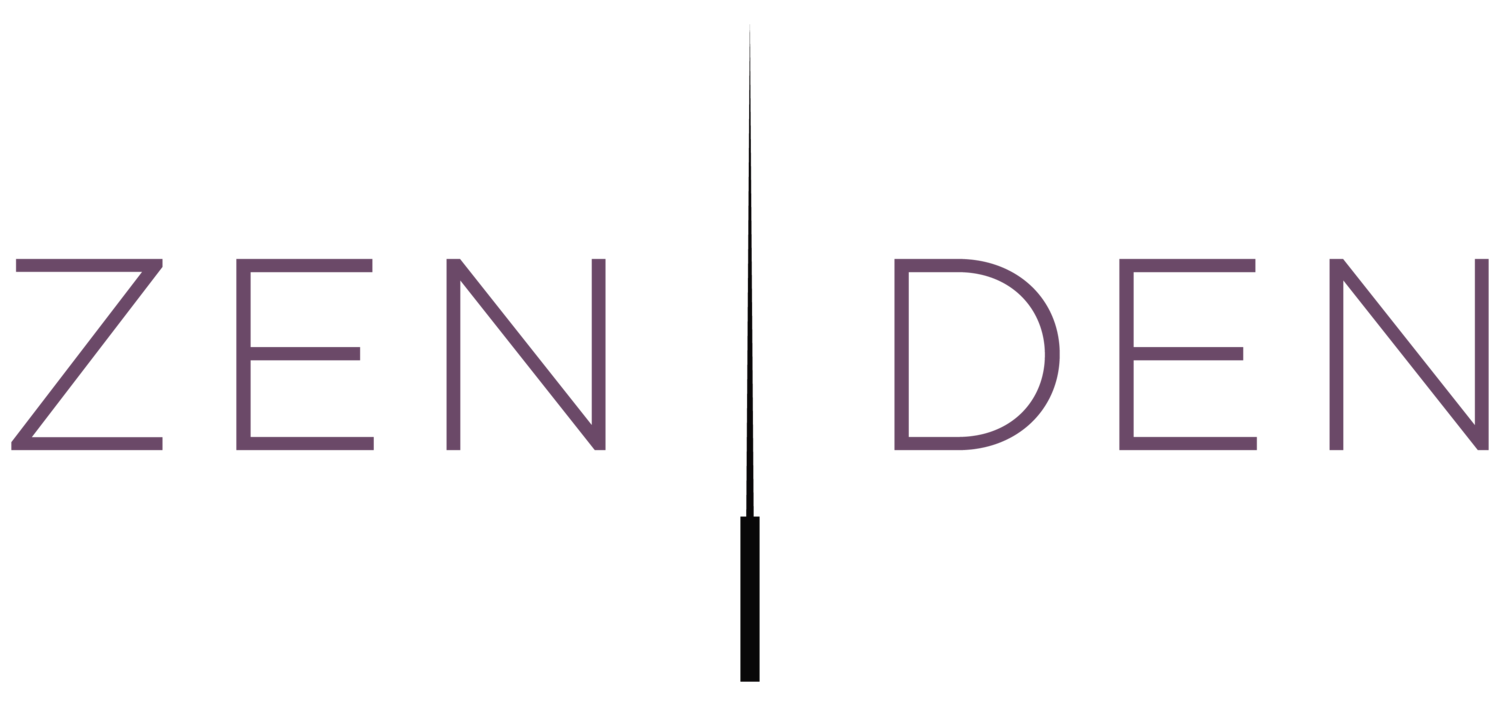When I first started studying Chinese Medicine 20 years ago, it wasn’t quite as widely accepted as it is today. I remember telling people with much enthusiasm that I was studying to be an acupuncturist and I was often met with some weird looks and some interesting questions.
Some of the most laughable now include:
“Acupuncture? Is that a religion?”
“Is there really a market for that?”
Or my favorite
“Acupuncture? Oh yes I believe in that.”
All of these are comical now, but at the time it was frustrating to spend most of my time legitimizing my medicine instead of actually administering it. Looking back at how far the general public has come on their perceptions and beliefs about acupuncture has been one of the most rewarding aspects of my career. I credit a lot of this movement to practitioners like myself, who have worked to not only provide the very best care, but also educate their patients about the medicine we practice and how it can benefit the human body.
While we have come a long way as far as education, there are still some myths about acupuncture that I have to commonly de-bunk.
In this blog post, we'll clear up some common misunderstandings and present the facts about acupuncture to help you make informed decisions about your health.
Myth 1: Acupuncture is Only for Pain Relief
While acupuncture is well-known for its effectiveness in managing pain, it offers much more than just pain relief. Acupuncture can also be beneficial for a wide range of conditions including stress, anxiety, digestive disorders, sleep disturbances, and even fertility issues. It works by stimulating specific points on the body to promote overall balance and well-being.
Myth 2: Acupuncture is Painful
One of the most common concerns about acupuncture is that it will be painful. In reality, most people experience minimal discomfort. The needles used in acupuncture are extremely thin and are typically inserted just below the surface of the skin. Many patients report feeling a mild tingling or warmth at the needle site, but pain is usually not a significant issue.
Myth 3: Acupuncture is Not Supported by Scientific Research
Acupuncture has been the subject of numerous scientific studies, and a growing body of evidence supports its effectiveness for various conditions. Research has shown that acupuncture can be beneficial for pain management, nausea, and even mental health issues like anxiety and depression. While more research is needed to fully understand its mechanisms, many studies validate its positive effects.
Myth 4: Acupuncture is Only for People Who Believe in It
Acupuncture does not require belief in its efficacy to work. The practice operates based on principles of balancing energy flow and stimulating the body's natural healing processes. Whether or not someone is a firm believer in acupuncture's philosophy, many people experience significant benefits from treatment.
Myth 5: Acupuncture is Dangerous and Can Cause Infection
When performed by a licensed and qualified acupuncturist, acupuncture is generally very safe. Acupuncturists use sterile, single-use needles to prevent any risk of infection. The risk of serious side effects is minimal, and most patients experience only mild, temporary sensations.
Myth 6: Acupuncture is a Quick Fix
Acupuncture is not a one-size-fits-all solution or a quick fix. The effectiveness of acupuncture often depends on the individual's condition, overall health, and the consistency of treatment. Chronic or complex issues may require multiple sessions over time to achieve optimal results.
Myth 7: Acupuncture is a New Age Fad
Acupuncture is far from a modern fad; it has a rich history that spans over 2,000 years. Originating in ancient China, acupuncture has been a cornerstone of Traditional Chinese Medicine for centuries. Its longevity and continued use across different cultures attest to its enduring relevance and effectiveness.
Myth 8: You Need to Be Sick to Benefit from Acupuncture
Acupuncture is not just for those who are ill or in pain. Many people use acupuncture as a preventive measure to maintain health and well-being. It can help manage stress, enhance relaxation, and support overall balance, making it a valuable tool for maintaining health even when you're not experiencing specific symptoms.
Myth 9: Acupuncture Can Cure Everything
While acupuncture is a versatile and effective treatment for many conditions, it is not a cure-all. It is best used as part of a holistic approach to health, which may include lifestyle changes, diet, and other therapies. Setting realistic expectations and working with a healthcare provider can help you achieve the best outcomes.
Myth 10: Acupuncture Treatments Are Expensive
I’ve made it my life mission to not only make acupuncture accessible, but also extremely affordable. With community acupuncture, membership options and some insurance companies picking up the tab for treatment costs, acupuncture is one of the most affordable treatment modalities available.
Acupuncture is a well-established therapeutic practice with a long history and a growing body of research supporting its effectiveness. By debunking these common myths and understanding the facts, you can make more informed decisions about incorporating acupuncture into your health regimen. Whether you're seeking relief from pain, managing stress, or simply looking to enhance your overall well-being, acupuncture offers a valuable and versatile approach to health care.
If you have any questions or concerns about acupuncture, don’t hesitate to reach out to us at info@zendenslo.com!
